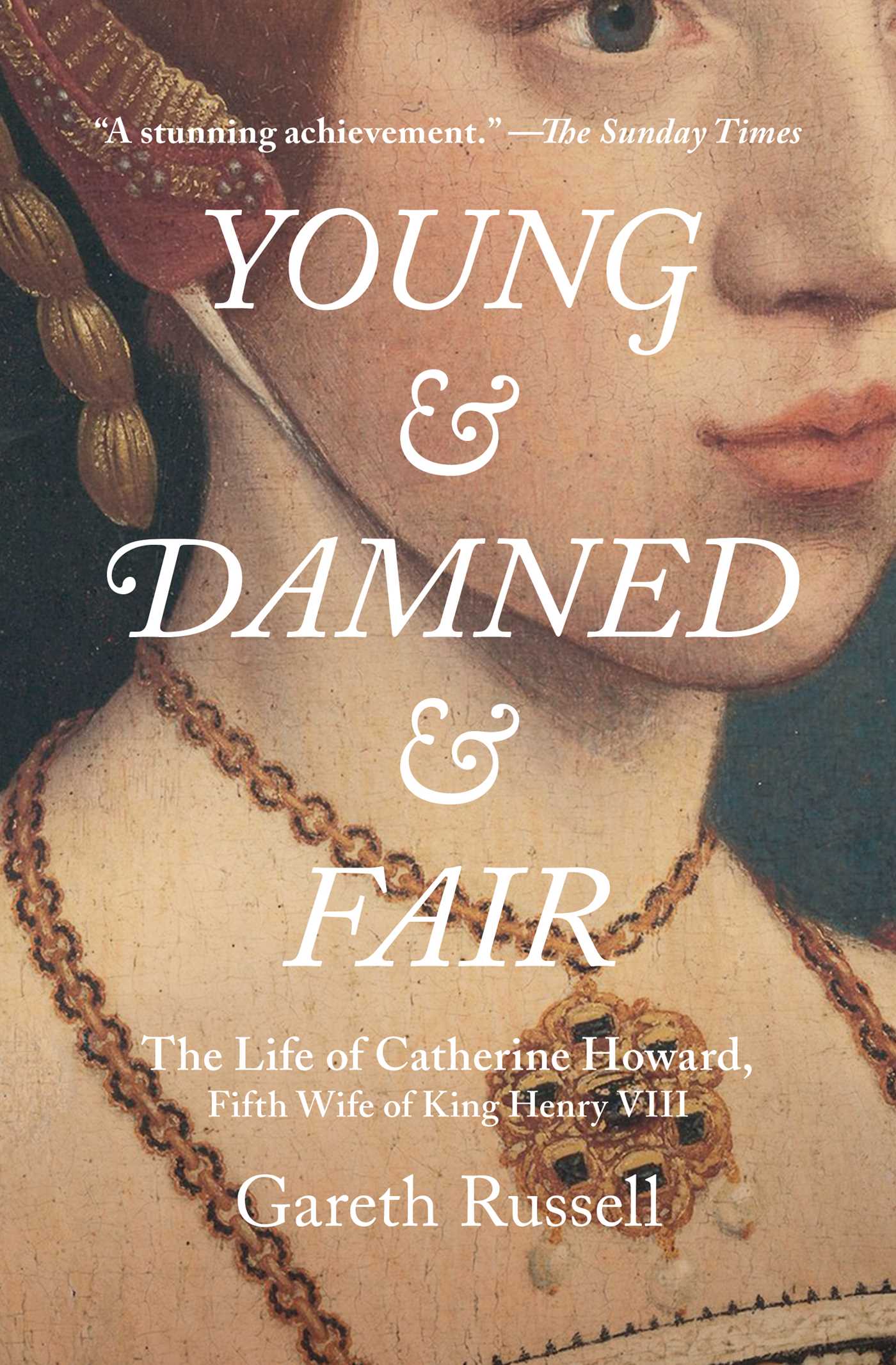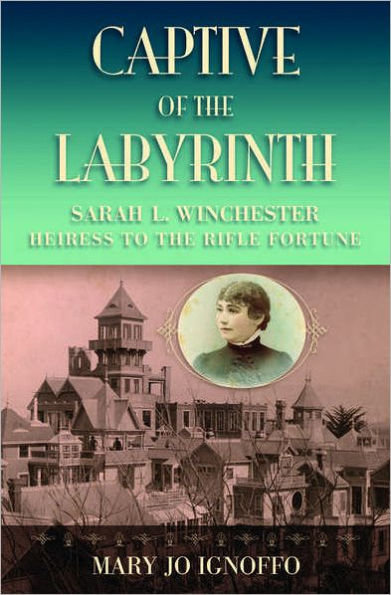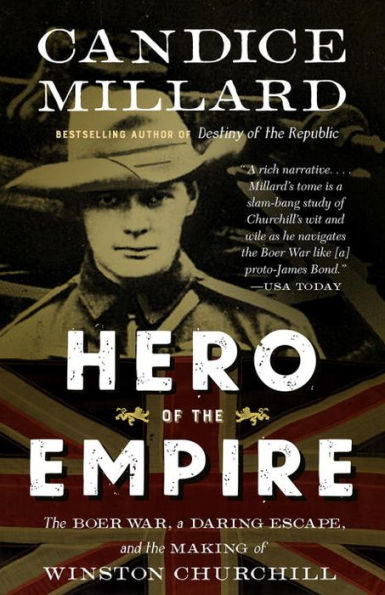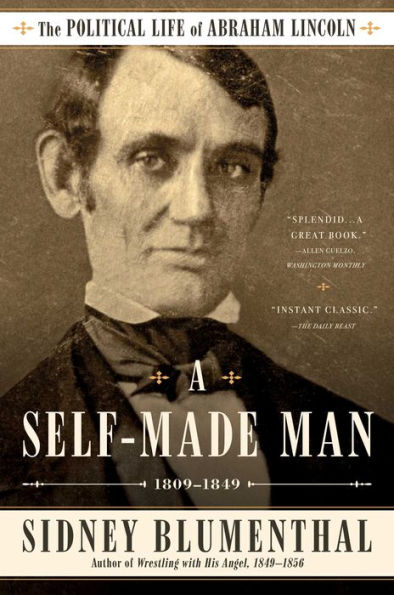I love nonfiction. I love learning new things on topics I never really knew that much about. And what I really love is learning new things about topics I thought I had down. When an author takes a topic and presents it in an entirely new light to me, it reminds me that there is always more than one side to a story, and that maybe the people who wrote history books didn’t write it down exactly like it happened. So here are five mind-blowing histories on people I had developed some misconceived notions about.
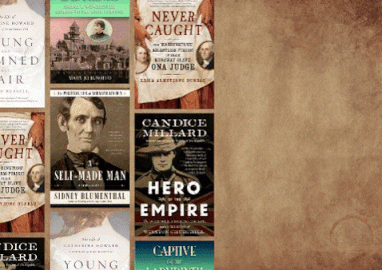
The 5 Best Books About Lesser Known Histories
Not much is written about Henry VIII’s fifth wife, Catherine Howard. But she has been called dumb, frivolous, and nothing but a gold digger after power and money. Well, check your facts. The portrait that Gareth Russell paints may have you thinking again about history’s impression of Catherine Howard. For starters, she was used as a pawn by men since her childhood, and was regularly prayed on by older men and teachers. Her family basically told her that her looks were the only thing she was ever going to have and she should use them to get ahead in life. So she did, and then they used her to gain favor with the most powerful man in the world. When she came to them and was like, “Guess what? I don’t really want this, I’m just not that into him and his gross leg—all of this was more for you... ,” they just threw her under the bridge and let the guy cut her head off. There’s a lot more to the story than that, but you’ll want to check it out for yourself. I’m team Catherine after this one.
So, you all think Sarah Winchester is that crazy lady who built that massive house out in California to scare off the ghosts of all the people killed by the Winchester gun, right? Mary Jo Ignoffo is here to tell you to think again. Winchester was an incredibly intelligent and progressive woman. Yes, séances were fashionable in her day. Yes, she left behind a crazy-looking house. However, consider this, she was one of the first members of her local NAACP, she gave land to her immigrant laborers and workers as a thank-you for their hard work, and she was an independently wealthy single woman living in 1900. Guess what big straight white male townspeople didn’t like in 1900? All the things Sarah Winchester was. So what do they do? They start rumor after rumor that she believes in ghosts and that she is somehow haunted and crazy. They discredit her and all she stood for because she wouldn’t play by their rules. And guess how history chose to remember her? As a straight-up lunatic. I would encourage a second look at the life of Sarah Winchester through Ignoffo’s research. I think you’ll come away with a bit better knowledge of why the rumors and accusations stuck all these years later.
MENTIONED IN:
Winston Churchill is a hero, he’s an icon, and everyone loves him. I get it. I saw The Crown. But the guy was a bit of an ass, if truth be told. He was spoiled, he was a bit lazy, he employed servants wherever he went. When he got captured by the Boer rebels, he requested servants in imprisonment. Can you even with this guy? And the story of his escape has always been epic. It made him a household name and an icon of heroism. But really he kind of escaped out of pure dumb luck. There was very little shrewdness or quick wits involved. Candice Millard is always so good at cracking a new light on history, and in her fourth book, she paints a very “warts and all” kind of portrait of young Winston Churchill as a war reporter who bullheadedly flies off into a battle that he never should have been at in the first place. You may be asking, “Well, have you ever been captured by rebels, Stu?” The answer is no. No, I have not. But I’m also not flying to Africa with my mother’s trust fund and an air of superiority and a smugness like no one can touch me either.
MENTIONED IN:
You know George Washington? The first guy to run this county and the one we named an entire state and a district after? The guy was a slave owner. When he first set up shop in Philadelphia, he brought along with him nine slaves, including Ona Judge. Philadelphia had a law that after six months of servitude, slaves were to be set free. But Washington circumvented the law by sending the slaves down south every time the clock was about to run out. Although it has been said that he treated slaves well, Judge still craved freedom, and when the opportunity struck she ran away. But it doesn’t stop there, because the first First Family became enraged and set out on a lifelong manhunt for her. Can you imagine someone chasing after you for your entire life? Erica Armstrong Dunbar was shortlisted for the National Book Award for this incredible and compact work of nonfiction.
Finalist for the National Book Award for Nonfiction
“A fascinating and moving account of a courageous and resourceful woman. Beautifully written and utilizing previously untapped sources it sheds new light both on the father of our country and on the intersections of slavery and freedom.” —Eric Foner, Pulitzer Prize-winning author of The Fiery Trial and Gateway to Freedom
A startling and eye-opening look into America’s First Family, Never Caught is the powerful narrative of Ona Judge, George and Martha Washington’s runaway slave who risked everything to escape the nation’s capital and reach freedom.
When George Washington was elected president, he reluctantly left his beloved Mount Vernon to serve in Philadelphia, the temporary seat of the nation’s capital. In setting up his household he took Tobias Lear, his celebrated secretary and eight slaves, including Ona Judge, about whom little has been written. As he grew accustomed to Northern ways, there was one change he couldn’t get his arms around: Pennsylvania law required enslaved people be set free after six months of residency in the state. Rather than comply, Washington decided to circumvent the law. Every six months he sent the slaves back down south just as the clock was about to expire.
Though Ona Judge lived a life of relative comfort, the few pleasantries she was afforded were nothing compared to freedom, a glimpse of which she encountered first-hand in Philadelphia. So, when the opportunity presented itself, Judge left everything she knew to escape to New England. Yet freedom would not come without its costs.
At just twenty-two-years-old, Ona became the subject of an intense manhunt led by George Washington, who used his political and personal contacts to recapture his property.
With impeccable research, historian Erica Armstrong Dunbar weaves a powerful tale and offers fascinating new scholarship on how one young woman risked it all to gain freedom from the famous founding father.
MENTIONED IN:
So you’ve read everything there is to know about Abraham Lincoln, have you? Take a look at Sidney Blumenthal’s fresh research. In this first book in a multivolume series, Blumenthal focuses on the fact that Lincoln had a seriously messed-up childhood to overcome, but was eventually given all the seeds he needed to grow into one of this nation’s greatest presidents. It may be fun to recall the days when someone had to pull themselves up by the bootstraps and overcome some serious hardships before getting elected to the highest office in the land. It may give readers some perspective on the poor and working class. It may give them the character to have healthy and productive debates. It may provide a sound amount of discernment in the decision-making process. I don’t know. All I see is a stepmother who encouraged a young boy to read everything he could get his hands on instead of helping his father in the farm fields, and that that boy would grow up to be one of the greatest thinkers and leaders to have ever lived and who gave magnificent speeches that didn’t need to fit into 280 characters every morning.
MENTIONED IN:

